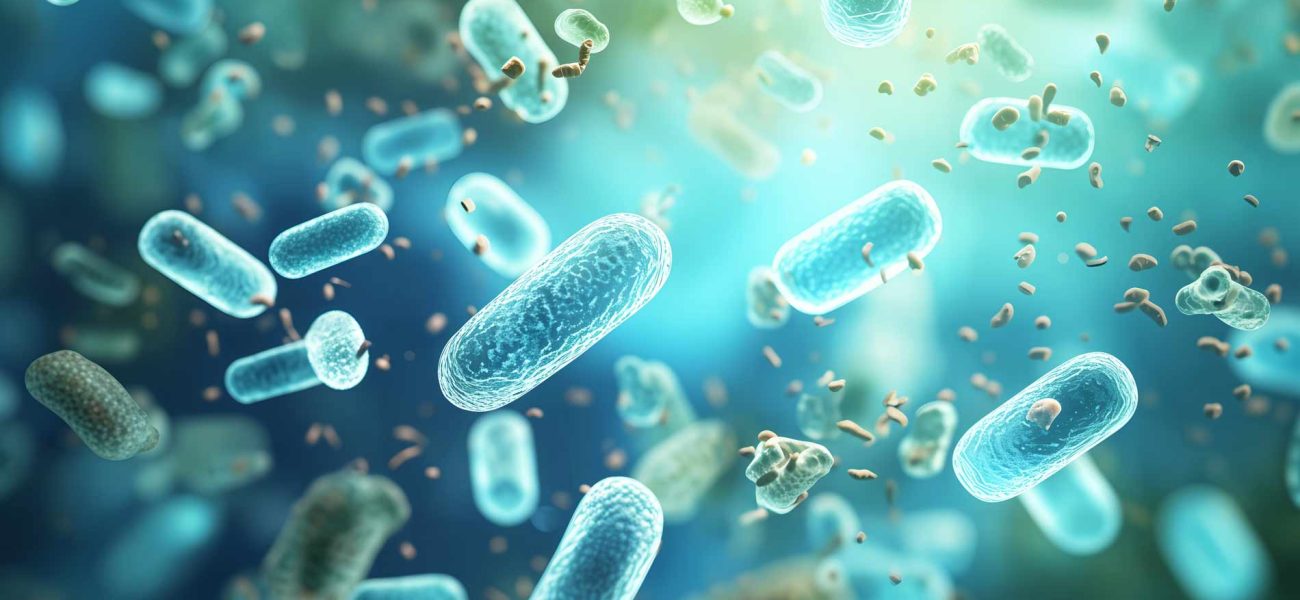Improving a healthy microbiome in humans involves several lifestyle and dietary factors. Here are some strategies:
Dietary Fiber: Consuming a diverse range of fiber-rich foods such as fruits, vegetables, whole grains, legumes, nuts, and seeds can support the growth of beneficial bacteria in the gut.
Probiotics: Foods rich in probiotics, such as yogurt, kefir, kimchi, sauerkraut, and other fermented foods, introduce beneficial bacteria into the gut.
Prebiotics: Prebiotics are non-digestible fibers that serve as food for beneficial bacteria in the gut. Foods high in prebiotics include garlic, onions, leeks, asparagus, bananas, and whole grains.
Reduce Sugar and Processed Foods: High sugar and processed food consumption can negatively impact the diversity and balance of gut bacteria. Limiting these foods can help maintain a healthy microbiome.
Eat Polyphenol-Rich Foods: Polyphenols are plant compounds found in foods like berries, nuts, seeds, tea, and dark chocolate. They have antioxidant properties and can help support a healthy gut microbiome.
Regular Exercise: Physical activity has been linked to a more diverse and beneficial gut microbiome.
Adequate Sleep: Poor sleep habits can disrupt the gut microbiome. Aim for 7-9 hours of quality sleep per night to support overall health, including the microbiome.
Reduce Stress: Chronic stress can negatively impact the gut microbiome. Practicing stress-reducing techniques such as meditation, yoga, or deep breathing exercises may help.
Avoid Antibiotics Unless Necessary: Antibiotics can disrupt the balance of gut bacteria. Only use antibiotics when prescribed by a healthcare professional and necessary for treating bacterial infections.
Considerations for Antibiotic Use: If you need to take antibiotics, consider taking probiotics or eating probiotic-rich foods during and after the course of antibiotics to help restore balance to the gut microbiome.
Avoid Overuse of Disinfectants: Excessive use of disinfectants and antibacterial products may reduce exposure to beneficial bacteria, potentially impacting the gut microbiome. Use these products sparingly when necessary.
Regularly Consume Fermented Foods: Fermented foods contain live bacteria that can help replenish and diversify the gut microbiome.
Avoid Smoking and Limit Alcohol: Smoking and excessive alcohol consumption can negatively affect the gut microbiome. Quit smoking and drink alcohol in moderation, if at all.
By incorporating these strategies into your lifestyle, you can support and improve the health of your microbiome, which in turn can positively impact overall health and well-being.
Which fibrous foods increase SCFA?
Short-chain fatty acids (SCFAs) are produced by the fermentation of dietary fiber by gut bacteria. Consuming fiber-rich foods can therefore increase SCFA production. Here are some examples of fibrous foods that can increase SCFA production in the gut:
Fruits: Apples, bananas, berries, oranges, and pears are rich in soluble fiber, which can be fermented by gut bacteria to produce SCFAs.
Vegetables: Many vegetables contain soluble and insoluble fiber that can be fermented in the gut. Examples include broccoli, Brussels sprouts, carrots, cauliflower, kale, spinach, and sweet potatoes.
Whole Grains: Whole grains such as oats, barley, quinoa, brown rice, and whole wheat contain high amounts of fiber, which can promote SCFA production.
Legumes: Beans, lentils, chickpeas, and peas are excellent sources of fiber that can be fermented by gut bacteria to produce SCFAs.
Nuts and Seeds: Almonds, chia seeds, flaxseeds, and walnuts are rich in fiber and can support SCFA production in the gut.
Root Vegetables: Root vegetables like beets, turnips, and rutabagas contain soluble fiber that can be fermented by gut bacteria to produce SCFAs.
Whole Grain Products: Foods made from whole grains, such as whole grain bread, pasta, and cereals, provide a good source of fiber to support SCFA production.
Psyllium Husk: Psyllium husk is a soluble fiber supplement that can be added to foods or taken as a supplement to increase fiber intake and support SCFA production.

